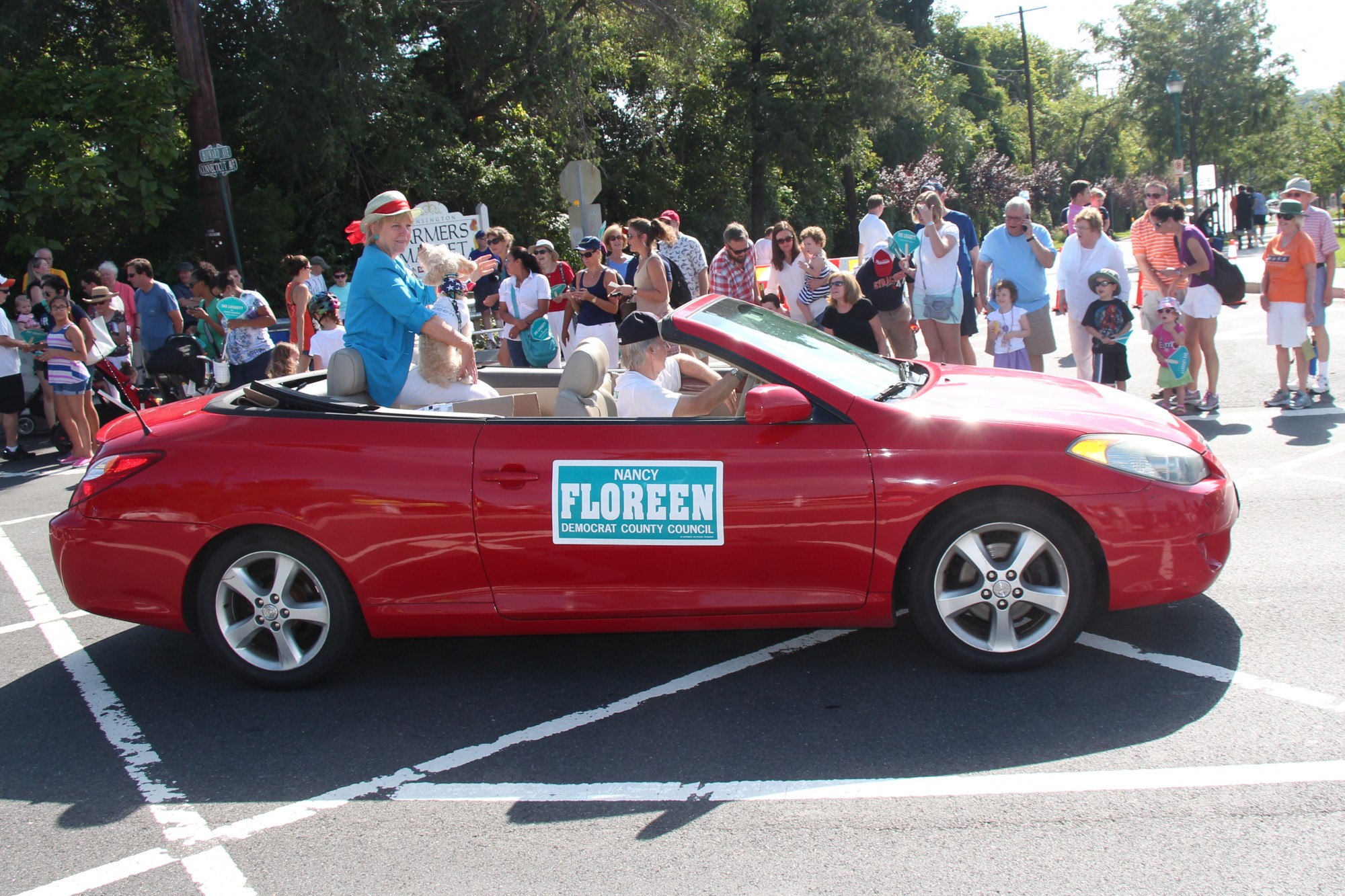Views expressed in opinion columns are the author’s own.
The Montgomery County executive race has been astoundingly competitive for a jurisdiction that is pretty solidly blue in most election cycles. In the Democratic primary, progressive County Councilman Marc Elrich narrowly beat out wealthy businessman David Blair by 77 votes after two weeks of counting provisional and absentee ballots. Following Elrich’s nomination, there was something of an outcry among the business community and centrist Democrats, prompting fellow Democrat Nancy Floreen to run as an independent against him; she said his election would be a “disaster” for the county and pledged to offer a more moderate alternative.
Despite its high concentration of Democrats, Montgomery County isn’t necessarily a progressive haven. After all, President Trump’s conservative Supreme Court nominee, Brett Kavanaugh, comes from the mean streets of Bethesda, which in his memory was ridden with gun violence.
Following Trump’s election, the neighborhoods nearby to where Kavanaugh grew up and all across the county have become plastered with yard signs of the #resistance ilk. But this is because many residents eagerly want to distance themselves from the president’s social policies; when it comes to economic policy, however, they don’t seem to want their taxes to fund the social services their yard signs so desperately advocate for. These socially liberal, fiscally conservative, wealthy centrist Democrats are Floreen’s target demographic.
Floreen is splitting a race that doesn’t need to be split, and her wariness of Elrich’s leftist tendencies shows her inability to read the room. Montgomery County doesn’t need more boundless development to create jobs for the middle class — it needs increased social services like universal pre-K to close the achievement gap.
There is tremendous income inequality in the county, and Elrich’s campaign website has concrete policy proposals to address it. Meanwhile, Floreen’s campaign website has five bullet points dedicated to her “priorities” as county executive and little else.
In her statement declaring her intent to run, Floreen calls upon Montgomery County to “say ‘no’ to both flawed extremes, to think for themselves”, though it seems her candidacy is a knee-jerk response to a progressive candidate being nominated. But how can voters make an informed decision when she has no more than 27 words dedicated to her platform on her website?
Ultimately, Floreen’s candidacy won’t really matter. The kinds of people who show up for local elections skew more towards the flawed extremes that she derided in her campaign announcement and the Republican candidate, Robin Ficker, is unlikely to win. Elrich has already won the endorsement of major establishment Democrats like Sen. Ben Cardin and Rep. Jamie Raskin.
Despite Floreen’s characterization of Elrich as “to the left of Takoma Park“, he really isn’t all that radical. He intends to honor the county’s proposal to house Amazon’s HQ2, which has been broadly criticized by the Montgomery County Democratic Socialists of America chapter due to its secrecy and anticipated large tax incentives. The people of Montgomery County were offered a business-friendly, neoliberal candidate in the form of Blair — among others — and although just barely, they declined.
If Floreen is genuinely concerned about the future of a county governed by Elrich, a last-ditch third-party candidacy seems like one of the less promising ways to fight back. She should pull out of the race and focus on more concrete ways to develop the policies she wants for Montgomery County.
Emily Maurer is a junior environmental policy major. She can be reached at emrosma@gmail.com.



